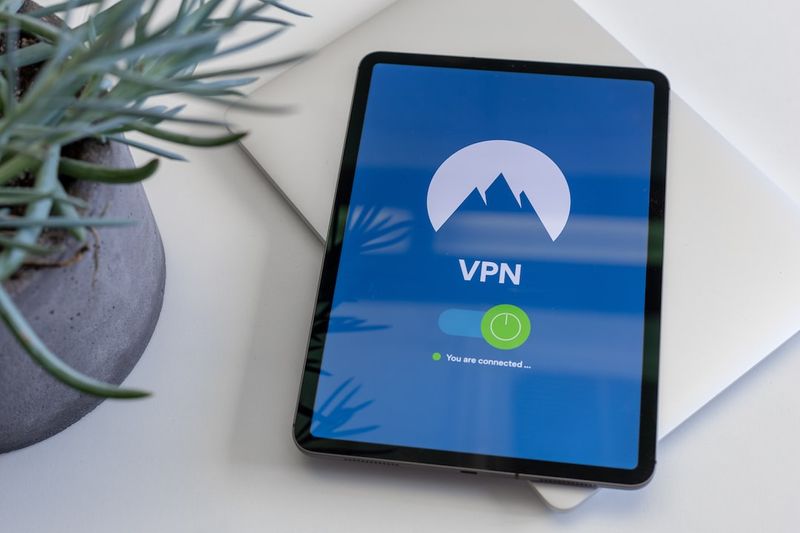Cyberwarfare: North Korean APT Hacks Internet Infrastructure Provider via ManageEngine Flaw
The Attack
The Lazarus Group, a North Korea-linked advanced persistent threat (APT) actor, has recently been observed exploiting a vulnerability in Zoho ManageEngine to compromise an internet backbone infrastructure provider in Europe. The attack occurred shortly after proof-of-concept exploit code targeting the ManageEngine flaw was published.
The vulnerability, tracked as CVE-2022-47966, allows for unauthenticated, remote code execution. Lazarus used this vulnerability to deploy a new remote access trojan (RAT) variant called QuiteRAT. Once executed on a compromised machine, QuiteRAT collects system information and sends it back to the attackers’ server while waiting for commands to execute. The malware grants the attackers further control over the system and allows them to deploy additional malware.
There were several similarities between QuiteRAT and Lazarus’ previous RAT variant, MagicRAT. Both use base64 encoding to obfuscate their strings and remain dormant on the endpoint by specifying a sleep period instructed by the command and control (C2) server.
Additionally, Lazarus has been seen targeting healthcare entities in Europe and the US, indicating a broader campaign beyond the internet infrastructure provider attack.
Implications and Analysis
The Lazarus Group’s hacking activities, particularly its connection to the North Korean government, pose a significant security threat. North Korea has long been known for its cyber espionage and offensive capabilities, and Lazarus Group has been responsible for several high-profile attacks in the past, including the infamous Sony Pictures Entertainment hack.
This attack, targeting an internet backbone infrastructure provider, highlights the potential impact of cyberwarfare on critical infrastructure. Infrastructure providers are vital for internet connectivity, and any compromise to their systems could have widespread consequences. It is concerning that an APT group with government support would target such important infrastructure.
The use of vulnerabilities in third-party dependencies, as seen in this attack, is a common tactic for APT groups. By exploiting vulnerabilities in trusted software, attackers can gain access to systems without arousing suspicion. It underscores the importance of thorough vulnerability management and regular software patching to prevent such intrusions.
The Role of Cybersecurity
This incident serves as a reminder of the importance and necessity of robust cybersecurity measures. It is crucial for organizations to have effective security controls in place to detect and prevent APT attacks. Regular vulnerability assessments, penetration testing, and the implementation of security best practices are essential to minimize the risk of vulnerabilities being exploited.
Furthermore, organizations must prioritize employee education and training to raise awareness of the latest tactics and techniques used by APT groups. Phishing attacks, for example, often serve as the entry point for APTs, and employees need to be consistently vigilant when it comes to suspicious emails or links.
Editorial
This attack by Lazarus Group highlights the ongoing cyber threats that governments and organizations face in an increasingly interconnected world. Cyberwarfare has evolved into a significant concern, with nation-states investing heavily in developing cyber capabilities to gain an advantage in conflicts.
The international community must come together to address the issue of cyberwarfare. Like any other form of warfare, cyberwarfare should be subject to rules and regulations that govern its conduct. Creating international agreements and standards for cyber conflict can help establish norms and promote stability in cyberspace.
Additionally, greater cooperation and information sharing between governments and organizations are vital in combatting cyber threats. The cyber landscape is constantly evolving, and it requires collective efforts to stay ahead of sophisticated adversaries.
Advice
For organizations:
- Ensure that all software and applications are regularly patched and updated to protect against known vulnerabilities.
- Implement multi-factor authentication to strengthen access controls and prevent unauthorized access.
- Conduct regular vulnerability assessments and penetration tests to identify and address any weaknesses in your systems.
- Invest in robust cybersecurity solutions that include network monitoring, intrusion detection, and incident response capabilities.
- Educate and train employees on cybersecurity best practices, including identifying and reporting suspicious emails or activities.
For governments:
- Develop comprehensive cybersecurity strategies that prioritize the protection of critical infrastructure.
- Invest in cybersecurity research and development to stay ahead of emerging threats.
- Facilitate information sharing and collaboration between government agencies and private sector organizations to enhance cyber defenses.
- Establish international norms and agreements regarding cyber conflict to promote stability in cyberspace.
- Hold accountable those responsible for state-sponsored cyber attacks through diplomatic, legal, and economic means.

<< photo by Petter Lagson >>
The image is for illustrative purposes only and does not depict the actual situation.
You might want to read !
- Justice Served: London Court Convicts Two LAPSUS$ Hackers
- The Ethical Dilemma: Exploring the Threat of Bias in AI Algorithms to Cloud Security
- Cypago Secures $13 Million Funding to Revolutionize GRC Automation
- The Fragile Future: Examining the Weaknesses of Metasurface-based Wireless Communication Systems
- North Korea’s Lazarus Group: How a GUI Framework Enabled Their Stealthy RAT
- Tracking the Shadow: Unveiling North Korea’s Cryptocurrency Stash
- North Korean Affiliates: Masterminds Behind $40M Cryptocurrency Heist?
- Leveraging Business Data to Boost AI/ML Threat Detection in Your Organization
- The Perils of Connecting: Unmasking the Hidden Dangers of Public Wi-Fi
- The Rise of Cybercrime: Unveiling the Dark Underworld of Online Forums
- How Cybercriminals Exploit Abandoned Websites as Phishing Bait




